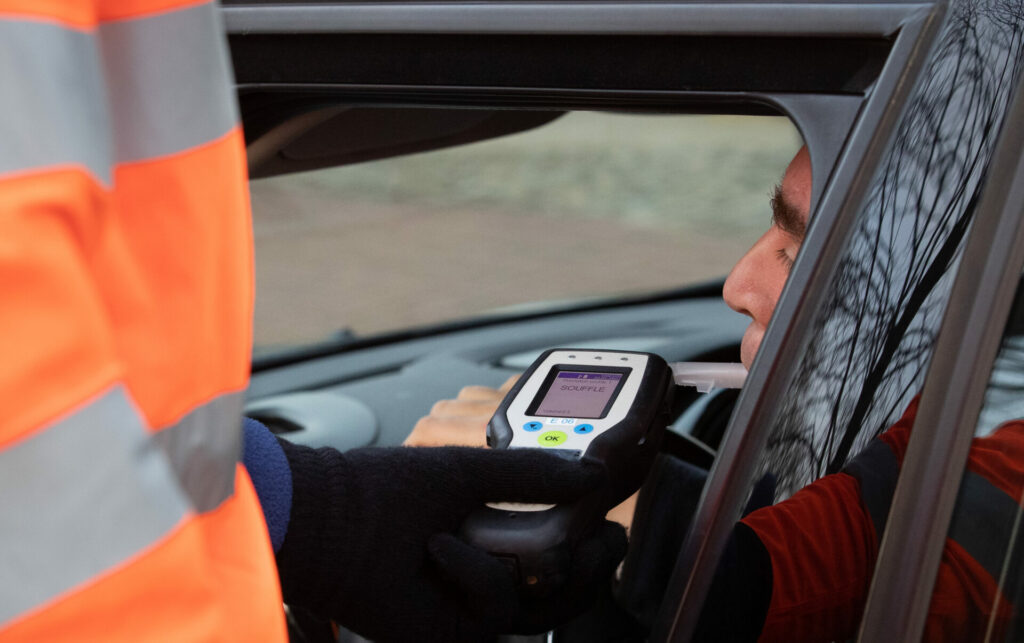While young drivers are underrepresented on the road, they are often involved in fatal accidents, making them clear winners of the zero tolerance for drink-driving measure proposed by the EU.
After a two-year drop in drink-driving in Belgium, the highest number of car accidents involving alcohol since 2016 was recorded last year. While young people make up only 8% of all drivers, approximately two in five fatal accidents on European roads involve a driver under 30.
The European Commission at the start of this month proposed a zero-tolerance policy on alcohol for new drivers, which would forbid drinking any alcohol at all before driving for the first two years after obtaining their licence to tackle this issue and keep novice drivers safer.
In response to this proposal, mobility organisation VAB, which also runs its own driving schools, conducted a survey among almost 1,650 people aged between 17 and 30 living in Flanders, which showed that support for an alcohol ban behind the wheel is remarkably high among people in this group.
A total of 83.6% of respondents is in favour of zero tolerance for alcohol behind the wheel: 57.5% of people questioned thought a ban should be imposed for every driver, regardless of their age, while 26.1% responded that the alcohol ban should only be applied to anyone who has had their driving licence for fewer than three years.
In comparison, 16.4% said there should be no such zero tolerance. "However, that is still one in six young people who do not want such a policy. That is still far too many and so it should be clear that we need to keep working on this," said Peter Landsheere, director VAB-Rijschool.
Related News
- One pedestrian or cyclist killed every two days last year
- Bruges man tells police at alcohol check he has 'auto-brewery syndrome'
In Flanders, measures are already in place to tackle the issue on a local level, for example through the so-called "return moment," a four-hour refresher course that includes practical exercises on a closed area and a group discussion, which novice drivers are required to attend six to nine months after obtaining their driving licence in Flanders.
During the return moment, participants must also complete a so-called "drunkenness course," where they are given "alcohol glasses" which blurs their vision. Wearing these, they have to try to walk between a number of cones, put the key in the ignition and get in, to make people aware of the effect of drinking- driving.

